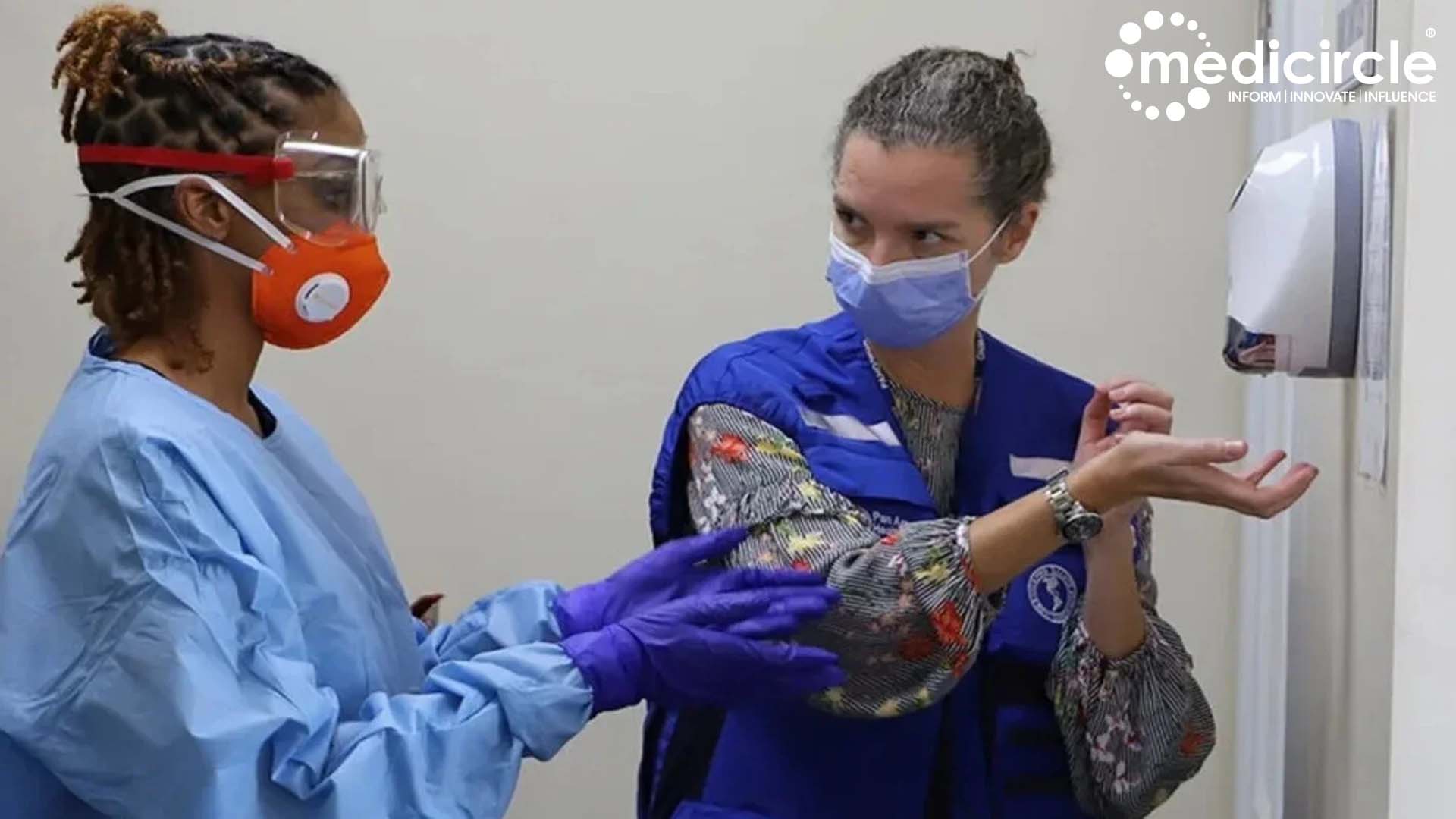Scientists have discovered that populaces living in higher elevations, particularly 3,000 meters (9,842 feet) over the ocean level, fundamentally report lower levels of coronavirus contaminations than their swamp partners.
The Washington Post referred to one companion surveyed study, distributed in the diary Respiratory Physiology and Neurobiology, in which scientists from Australia, Bolivia, Canada and Switzerland taking a gander at epidemiological information from Bolivia, Ecuador and Tibet found that Tibet's contamination rate was "radically" lower than that of swamp China, multiple times lower in the Bolivian Andes than in the remainder of the nation and multiple times lower in the Ecuadoran Andes.
Cusco in Peru, a beautiful Andean valley, the high-height city of 420,000 inhabitants, had just recorded the demise of three voyagers from Mexico, China, and Britain, between March 23 and April 3, toward the beginning of Peru's exacting national lockdown. From that point forward, there has not been another covid-19 casualty in the whole Cusco locale, even as the ailment has asserted more than 4,000 lives broadly.
Diseases have additionally stayed low. Only 916 of Peru's 141,000 cases originate from the Cusco locale, which means its virus rate is more than 80 percent underneath the national normal.
The ailments connect to high-rise locales has incited hypothesis from analysts that the coronavirus gets ''soroche'', the Quechua word for height disorder.
Thus, Ecuador has endured one of Latin America's most noticeably terrible flare-ups, with more than 38,000 announced cases and over 3,300 passings, as indicated by legitimate figures. In any case, it has been fixated on the Pacific port of Guayaquil. Bolivia's 8,387 cases have been gathered in the branch of Santa Cruz, only a couple hundred feet above ocean level. Be that as it may, the branch of La Paz, home to the world's most noteworthy capital, has had only 410 cases.
The scientists guess that populaces living at high heights may be profiting by a blend of a capacity to adapt to hypoxia (low degrees of oxygen in the blood) and a regular habitat unfriendly to the infection - including dry mountain air, significant levels of UV radiation and the likelihood that lower barometric weight diminishes the infection's capacity to wait noticeably all around, the report additionally said.
Only three populaces on the planet have been found to have hereditary adjustments to elevation: Himalayans, Ethiopian highlanders, and Andeans. However, Clayton Cowl, a pulmonologist at the Mayo Clinic and a previous leader of the American College of Chest Physicians, suspects the pattern might be all the more firmly identified with acclimatization, the body's capacity to alter incidentally to height, than to DNA.
Cowl takes note of that delayed introduction to height triggers a chain response in the lungs including a protein known as ACE2 that may forestall aspiratory shunting, an issue regular among COVID-19 patients.
Conventionally, when a piece of the lung is harmed, the body diverts the progression of blood toward more advantageous zones that are better ready to ingest oxygen. Shunting stops that procedure of redirection, bringing about hypoxia. It is, as per Cowl, a typical component among the approximately 30 percent of COVID-19 patients who show mellow side effects yet have abnormally low degrees of oxygen in their blood - and who now and again get ugly.
In any case, analysts are as yet searching for more proof to build up the high-elevation populaces' reaction to the coronavirus, including the likelihood that when contaminated, they sicken less and are along these lines less inclined to look for clinical treatment or testing.
"The infection likes individuals. It couldn't care less about elevation," says Peter Chin-Hong, a scientist on irresistible ailments from the University of California in San Francisco.

 Researchers are still looking for more evidence to establish the high-altitude populations' response to the coronavirus
Researchers are still looking for more evidence to establish the high-altitude populations' response to the coronavirus























.jpg)









